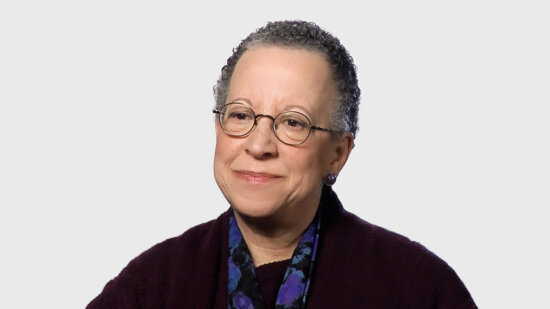Economist
What you need to know
Economists study the production and distribution of resources, goods, and services by collecting and analyzing data, researching trends, and evaluating economic issues.
Although the majority of economists work independently in an office, many collaborations with other economists and statisticians. Most economists work full time during regular
Some of the things an economist might do:
- Research economic issues
- Conduct surveys and collect data
- Analyze data using mathematical models, statistical techniques, and software
- Present research results in reports, tables, and charts
- Interpret and forecast market trends
- Advise businesses, governments, and individuals on economic topics
- Recommend solutions to economic problems
- Write articles for academic journals and other media
Watch this video to learn about what our economist role models do in their careers:
- Analytical skills: Economists must be able to review data in detail, observe patterns, perform advanced calculations, and draw logical conclusions. For example, labor economists analyze the effects of labor policies on employment.
- Critical-thinking skills: Economists must be able to use logic and reasoning to solve complex problems. For instance, they might identify how economic trends may affect an organization.
- Speaking skills: Economists must be able to explain their work to others. They often give presentations and explain reports to clients who may not have a background in economics.
- Writing skills: Economists must be able to present their findings clearly. Many economists prepare reports for colleagues or clients; others write for publication in journals or for news media.
Watch this video to learn more from our economist role models:
The average pay for economists in the United States was $115,730 in May 2023 according to the U.S. Bureau of Labor Statistics.
The specific pay depends on factors such as level of experience, education and training, geographic location, and specific industry.
About 1,200 new job openings for economists are projected each year, on average, over the next 10 years in the United States.
Overall employment of economists is projected to grow 6 percent from 2022 to 2032 according to the U.S. Bureau of Labor Statistics. This is faster than the average growth rate for all occupations.
Employment demand is expected to be strong for these workers, as organizations increasingly turn to economists to apply analysis of “big data” to pricing, advertising, and other areas.
The increasing complexity of the global economy and a more competitive business environment also are expected to support demand for economists.
A master’s degree or Ph.D. is required for most economist jobs. Positions in business, research, or international organizations often require a combination of graduate education and work experience.
Students can pursue an advanced degree in economics with a bachelor’s degree in a number of fields, but a strong background in mathematics is essential. A Ph.D. in economics may require several years of study after earning a bachelor’s degree, including completion of detailed research in a specialty field.
Discover some of the courses you will take pursuing a degree in Economics.
Watch this video to learn more from our economist role models:



